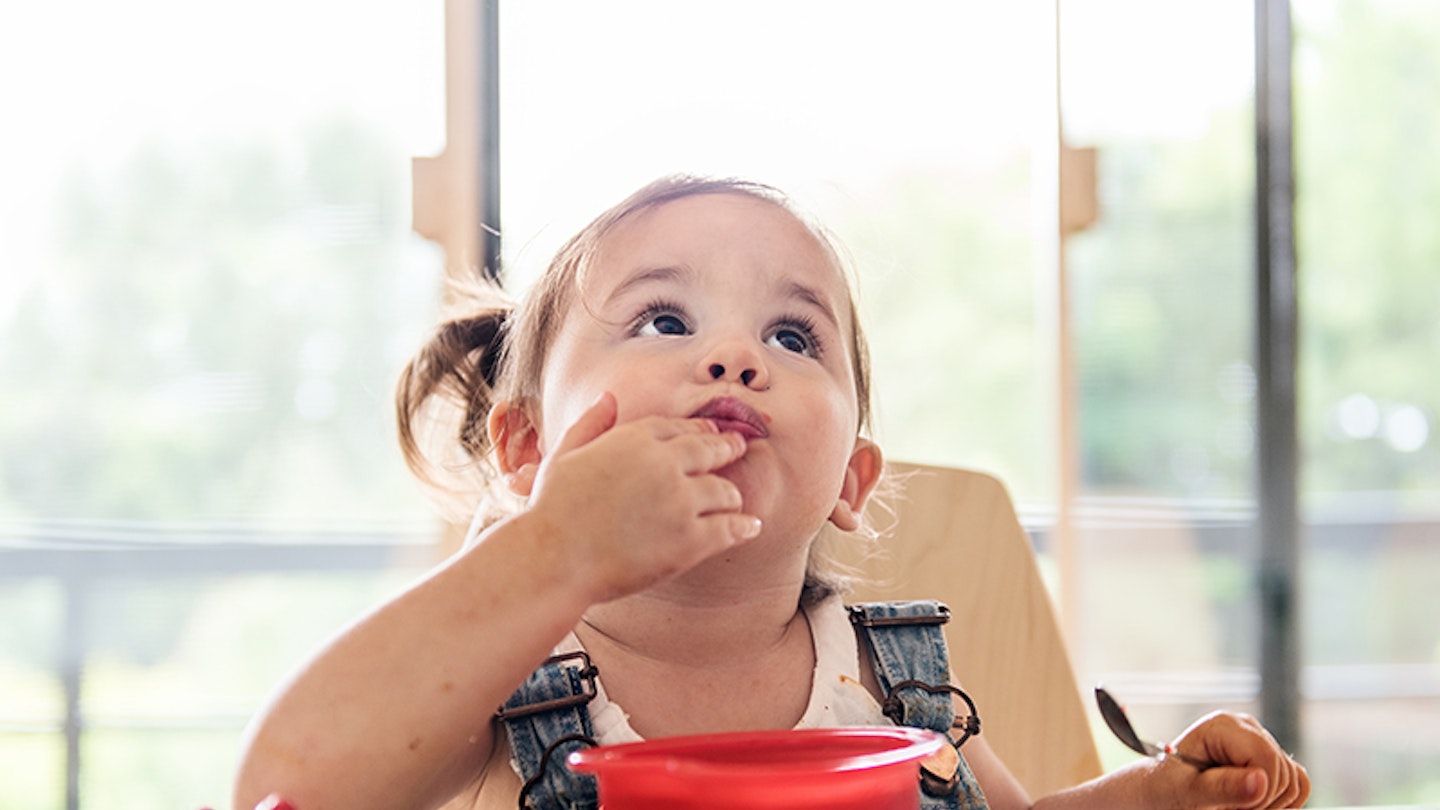If you had a bar of chocolate for breakfast you’d probably be crashing by 9am. So don’t overlook the impact your child’s diet can have on his behaviour. If he’s regularly flinging himself on the floor, his meals could need a makeover.
Knowing which foods can have a positive effect on your child could make it easier to keep him relaxed and focused. ‘As adults, we know it’s important to eat regularly to maintain concentration and mood, but this is just as important for children,’ says Amanda Ursell, author of Baby And Toddler Food Bible.
So, as well as ensuring your tot is fed regularly, add these to the menu for a happier, (almost) tantrum-free little one.
7 foods that can help prevent toddler tantrums
Foods to prevent toddler tantrums
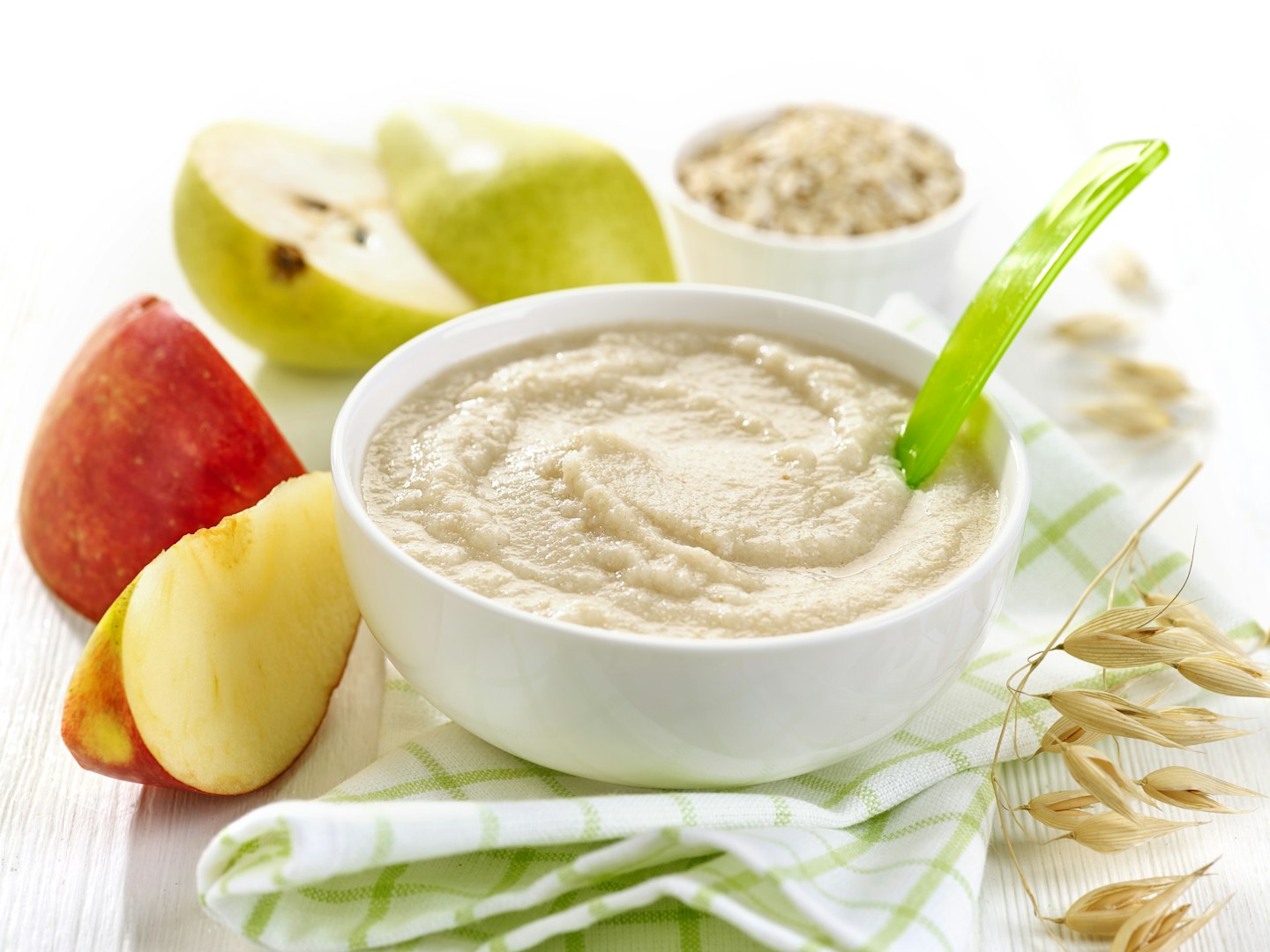 1 of 7
1 of 71) Porridge
A bowl of porridge or another oat-based cereal can be ahealthy breakfastand a great way for your toddler to start the day,
‘Oats release their energy slowly, so his energy levels don’t shoot up like a rocket after breakfast and crash down soon after, causing him to feel hungry, moody, and more prone to tantrums,’ says M&B nutritionist Lowri Turner.
Oats can also make him feel relaxed. ‘They’re a source of glutamic acid, which the body uses to make a brain chemical called gaba – an anti-anxiety substance,’ says Lowri.
Try adding raisins, grated apple or fresh strawberries for some natural sweetness.
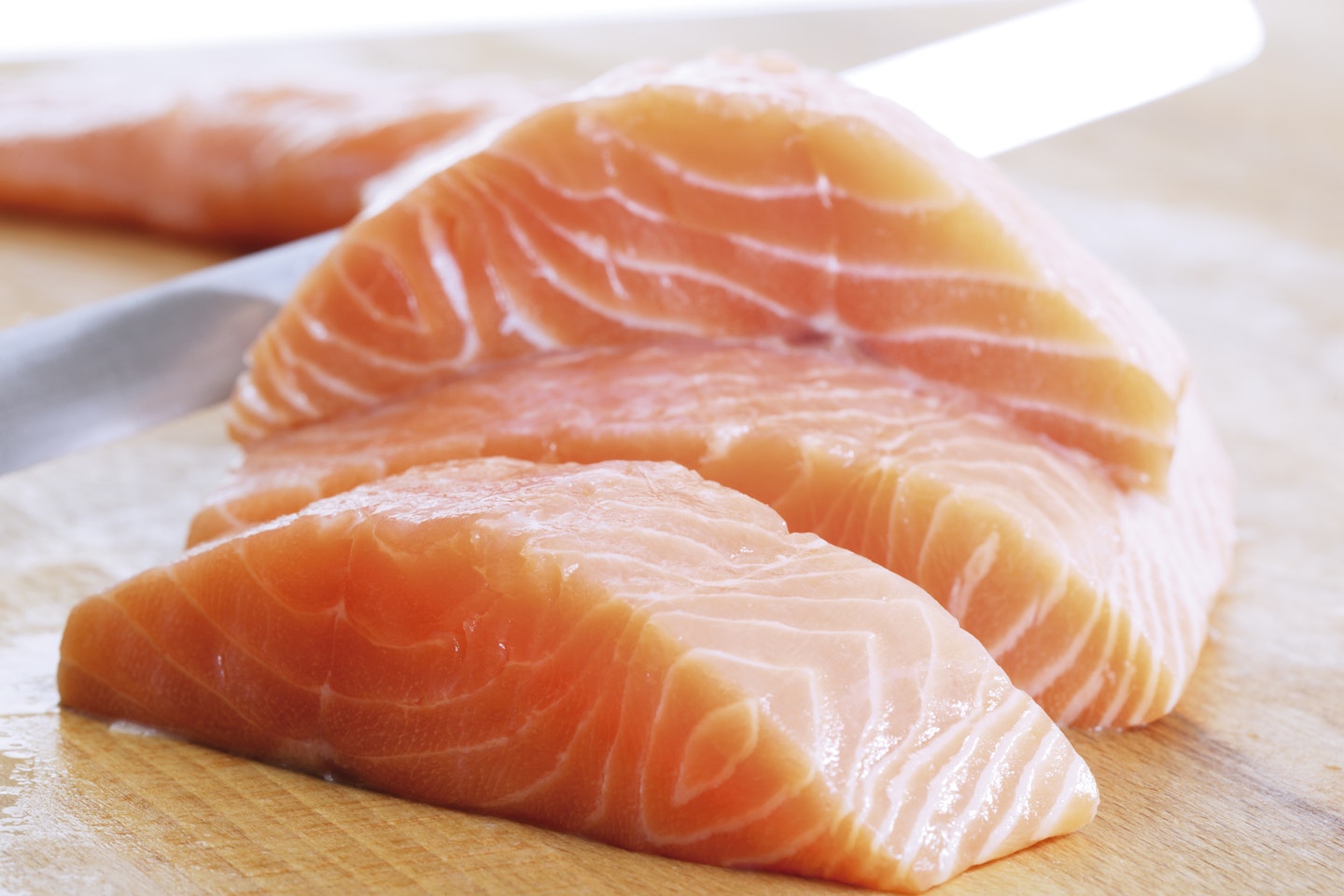 2 of 7
2 of 72) Salmon
It might be a challenge to get your little one to eat it, but oily fish will benefit his behaviour.
Salmon, mackerel, sardines and other oily fish contain the omega-3 fatty acids, including DHA. ‘This helps electrical signals in your toddler’s brain pass more easily from one cell to another, aids concentration and brain function,’ says nutritionist Saidee Bailey. This means your tot will stay calmer and more focused.
When it comes to serving it up, try fish pie with cheesy mash on top, or smoked mackerel mashed with cream cheese and lemon juice to make pâté.
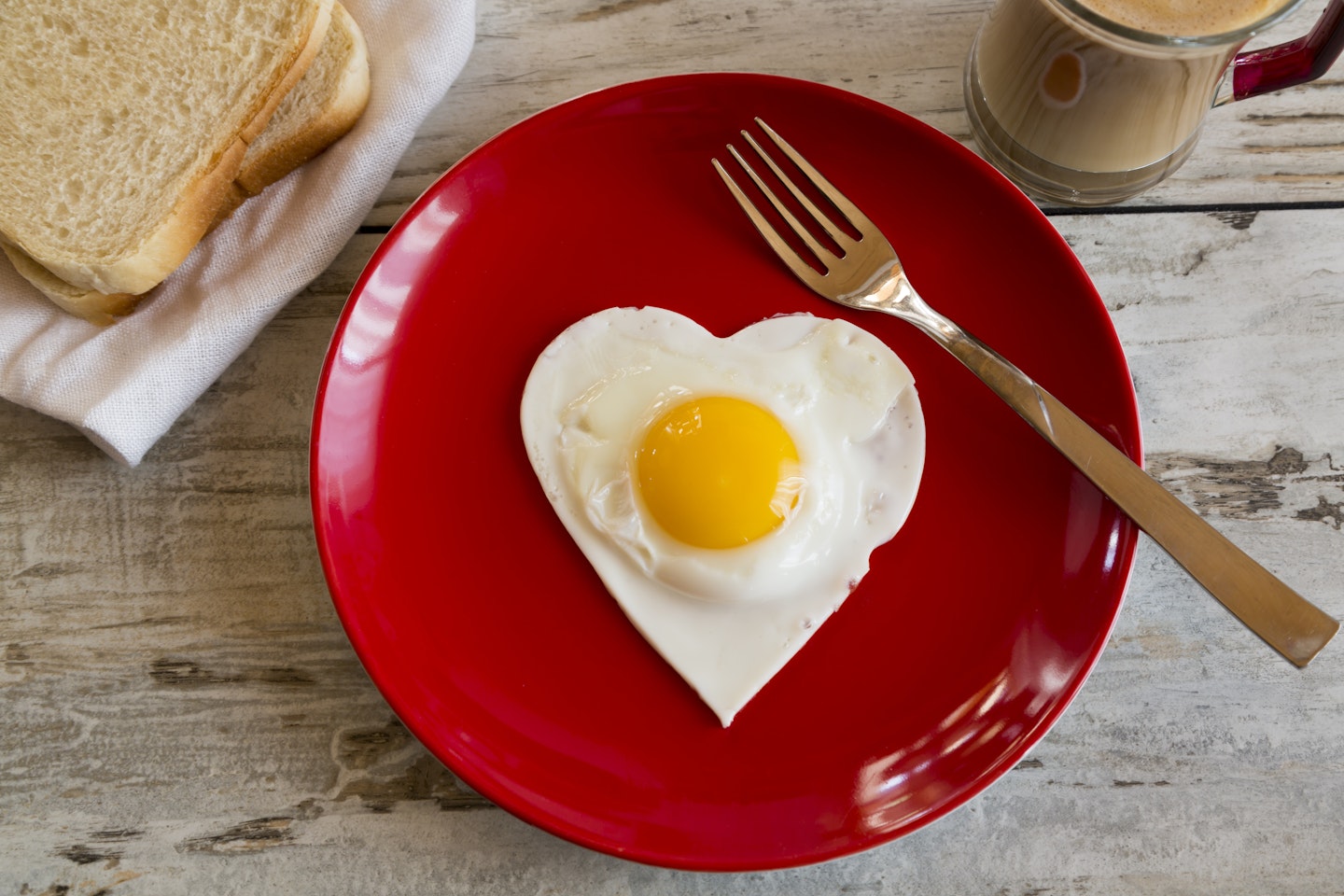 3 of 7
3 of 73) Eggs
Give your toddler eggs for an easy, cheap and mood-boosting meal. And, since they can be served in so many different forms, they’re perfect if he’s going through a fussy stage.
‘They’re also rich in tyrosine, which we use to make the brain chemical dopamine,’ says Lowri. ‘This has lots of functions – one of which is motivation. It’s what will get your toddler back up the ladder on the slide if he falls off.’
He’s also less likely to give up and get frustrated (and then have a tantrum).
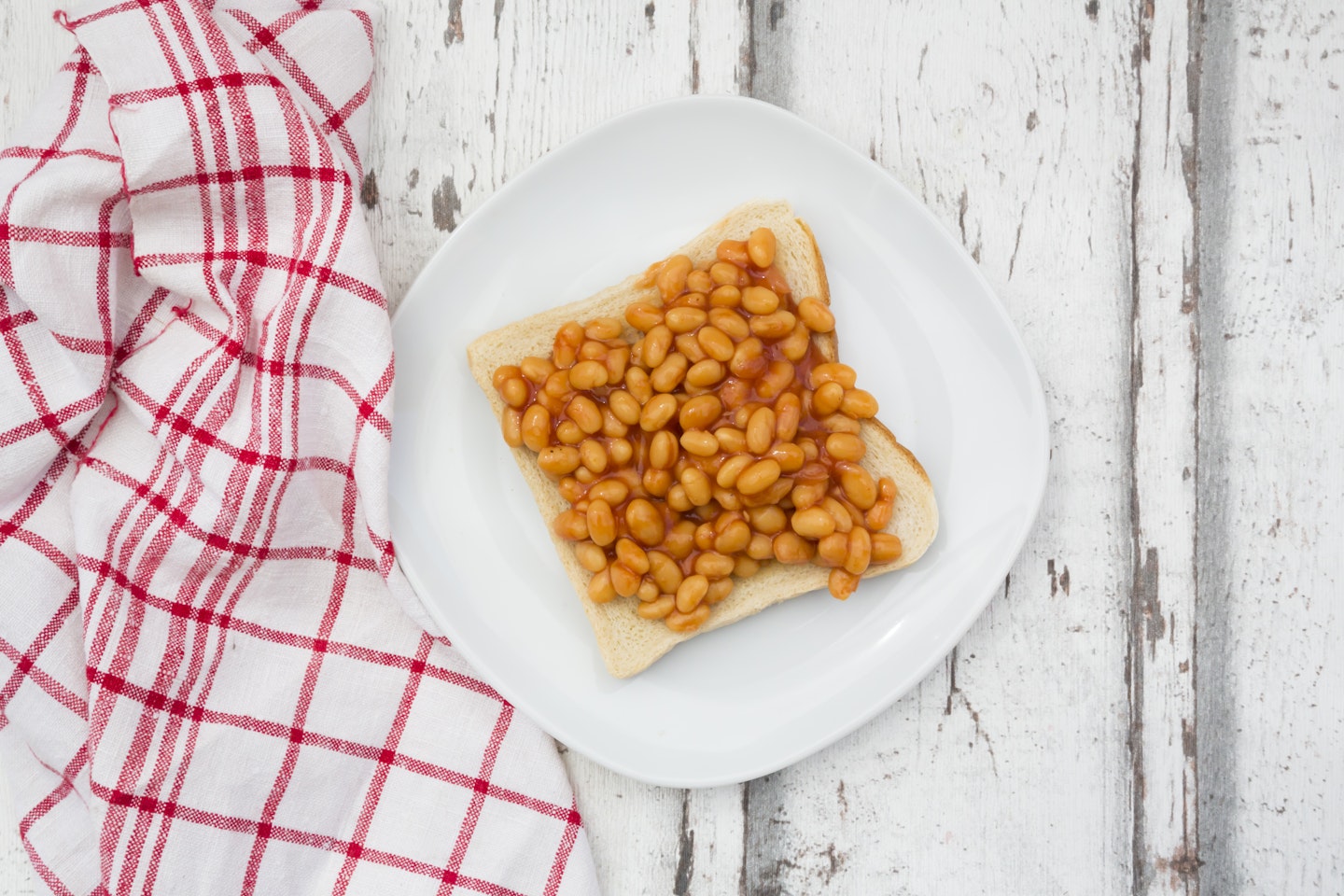 4 of 7
4 of 74) Baked beans
When your baby is drinking breast or formula milk, he’ll be getting all the iron he needs. But, once he’s weaned on to cow’s milk, his levels may drop. ‘A lack of the chemical in a young child’s diet means he can lose focus and concentration,’ says Amanda.
A study from the University of Minnesota in the US looked at the role of iron in learning and memory in an area of the brain called the hippocampus. It concluded that low levels could stop it functioning effectively. Ensuring your toddler eats foods such as baked beans, mince, dark poultry meat (from the legs and wings) and dried fruit can help boost his learning ability and understanding.
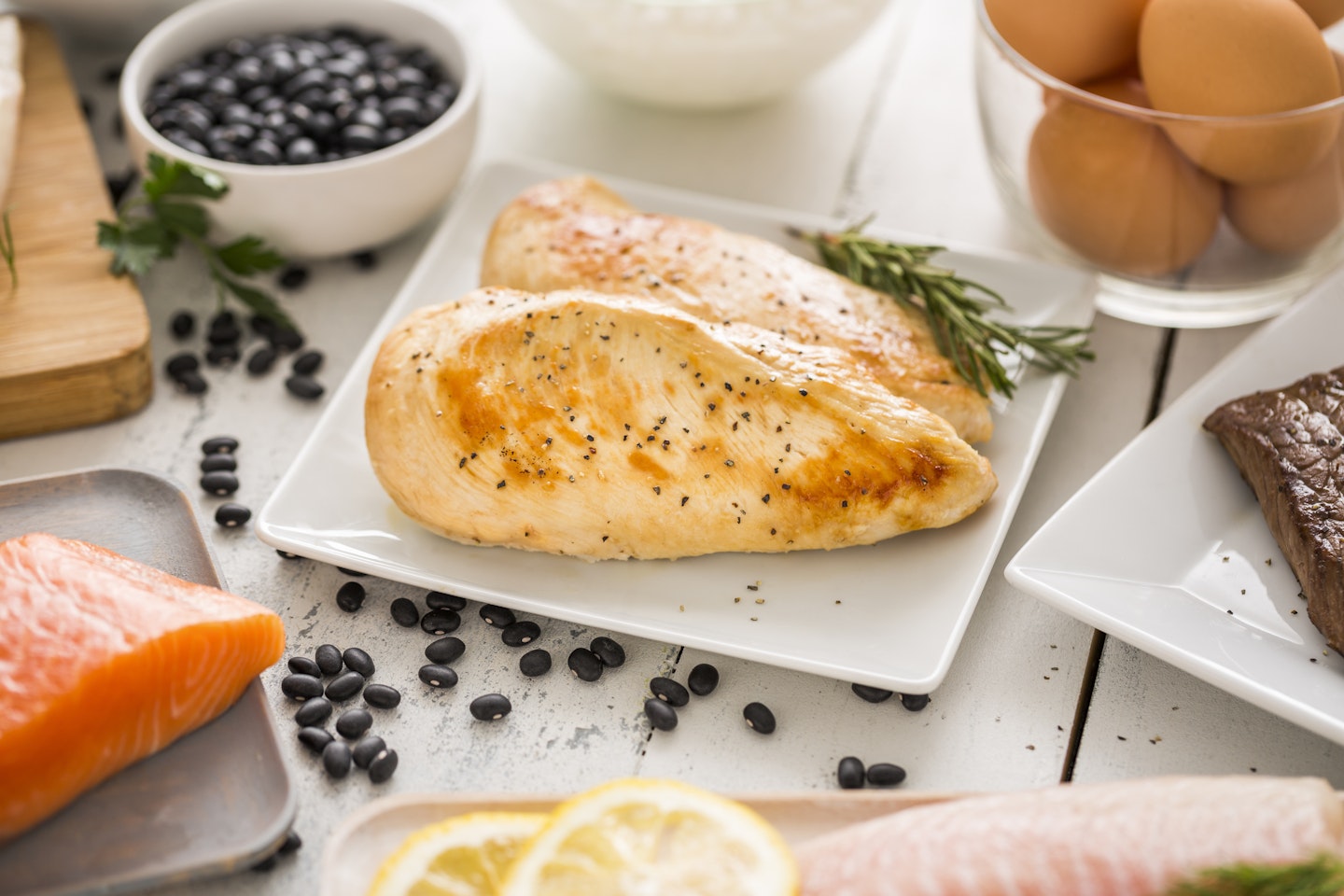 5 of 7
5 of 75) Chicken or turkey
If the slightest mention of bedtime causes minor wobbles with your tot, introducing a few new ingredients to his evening meal could help him be more placid and sleepy.
‘Poultry are a source of tryptophan, an amino acid used to make the happy hormone serotonin. This helps ensure your toddler’s mood stays positive, and reduces the risk of a tantrum,’ says Lowri. Serotonin can also improve nap times, which is why it’s good to have turkey as an evening meal.
‘Combine it with pasta or rice – they have a naturally calming effect because they also raise serotonin levels,’ says Amanda. ‘In fact, Australian research has found that a rice-based dish in the evening can help promote calmness and induce sleep.’
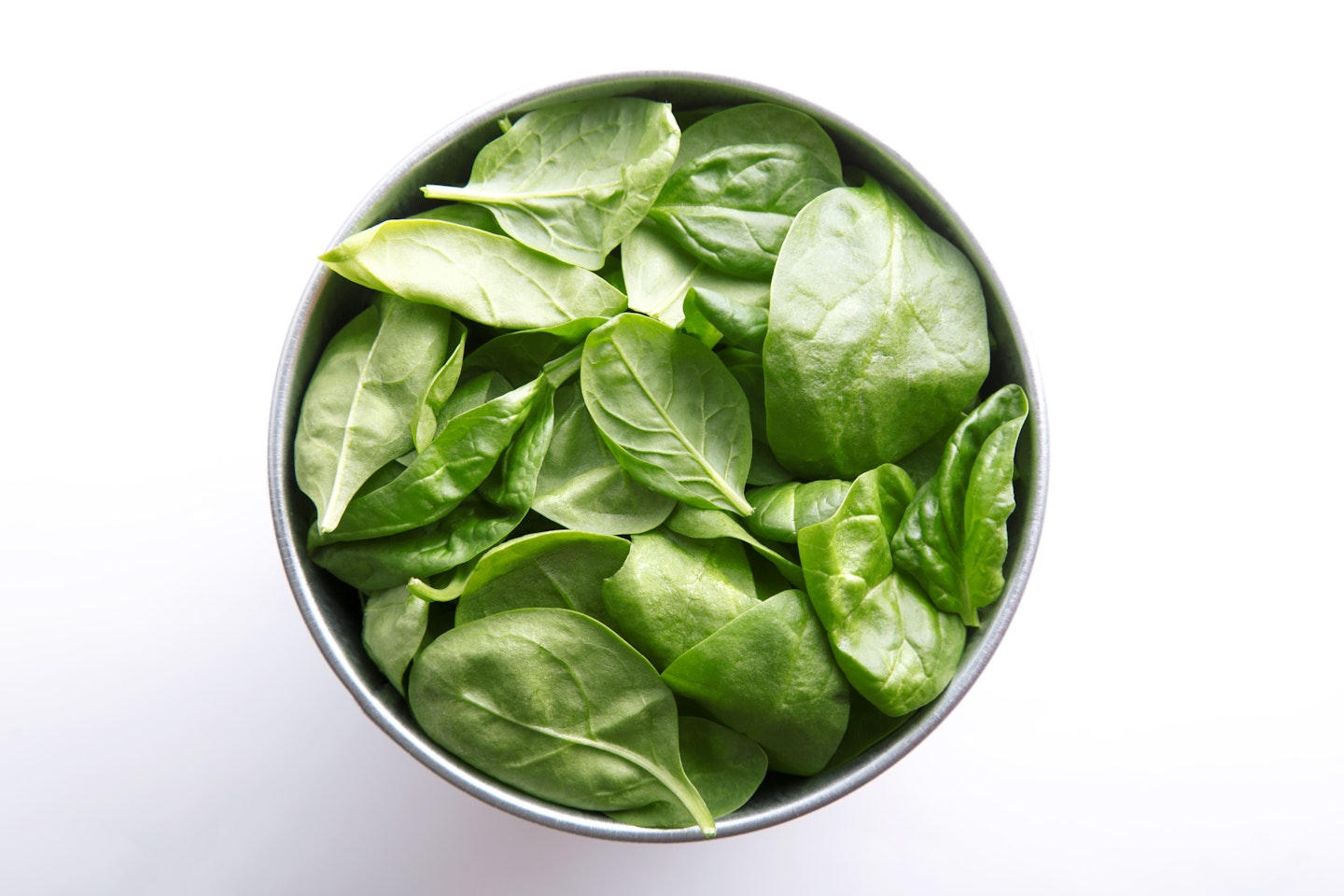 6 of 7
6 of 76) Spinach
Sneak green leafy vegetables, such as spinach or kale, into your child’s meal and you’ll help him feel happier. ‘They’re rich in zinc and magnesium – minerals that play an important part in brain development and attention,’ says Saidee. ‘Spinach is also rich in B vitamins, which are associated with mood-boosting properties.
Don’t worry if your toddler is fussy about veg, as you can disguise it by adding a small amount to other dishes, such as tomato pasta sauce, Bolognese or omelette.’
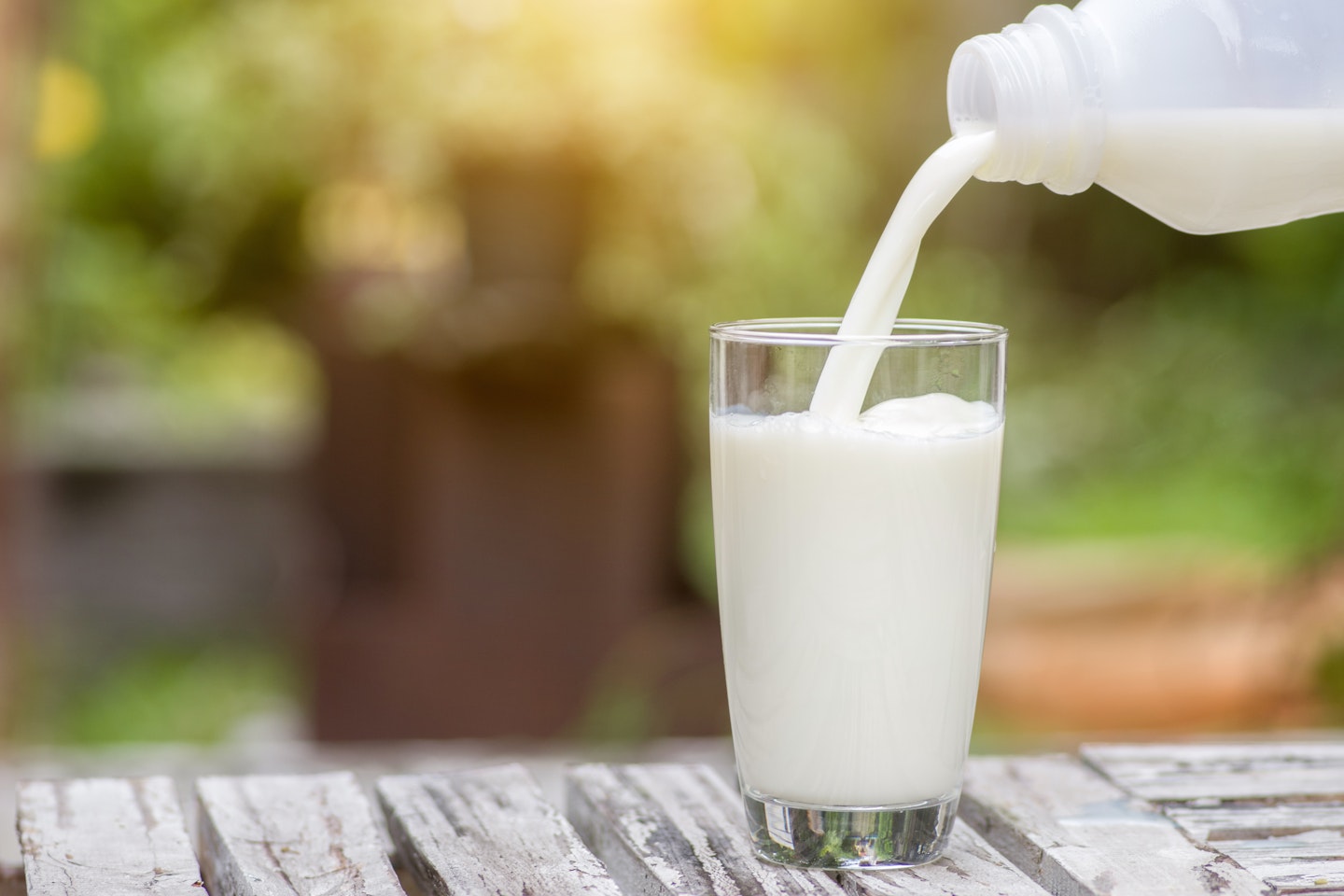 7 of 7
7 of 77) Milk or water
‘It’s important your child stays hydrated throughout the day because it helps these reactions work better,’ says Lowri. ‘Squashes, fizzy drinks and fruit juice can have your toddler bouncing off the walls, so stick to milk or water.’ Another good hydrator is coconut water, which is also rich in calcium.
Now read:
8 ways to manage toddler tantrums according to psychologists
Make sure you're following Mother & Baby on Instagram for relatable memes, inspiring stories and parenting hacks!
Join the club! Introducing our brand, spankin’ new Facebook group called #mumtribe. Simply search ‘#mumtribe’ into the search bar and meet like-minded mums, win gorgeous goodies and have some fun!
Have approx 60 seconds to spare? Why not join thousands of mums-to-be and start your very own Amazon baby wish list! They're absolutely free to create and perfect to send to the friends, aunties and your mum to make sure you're getting the baby products you really need...Click here!
